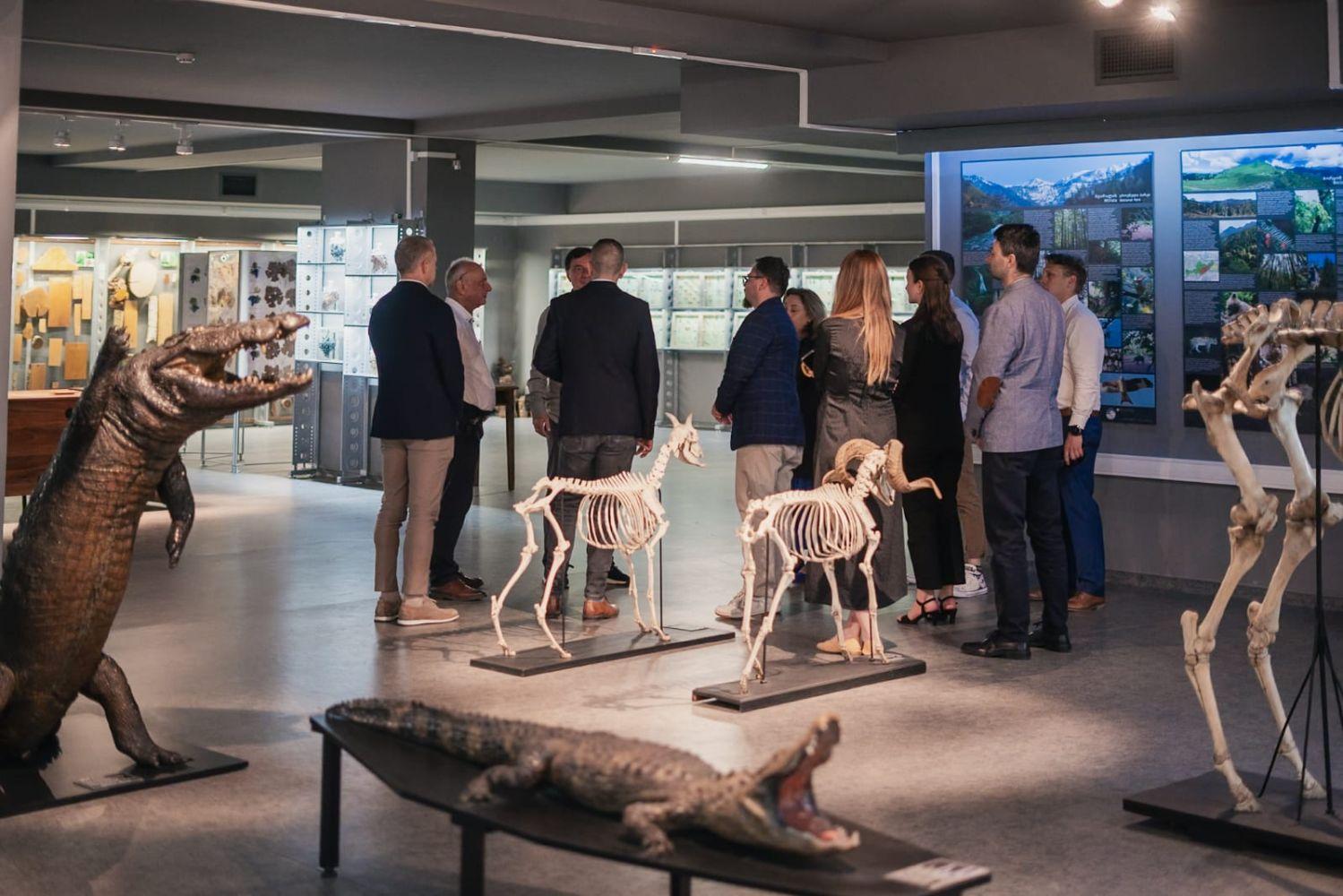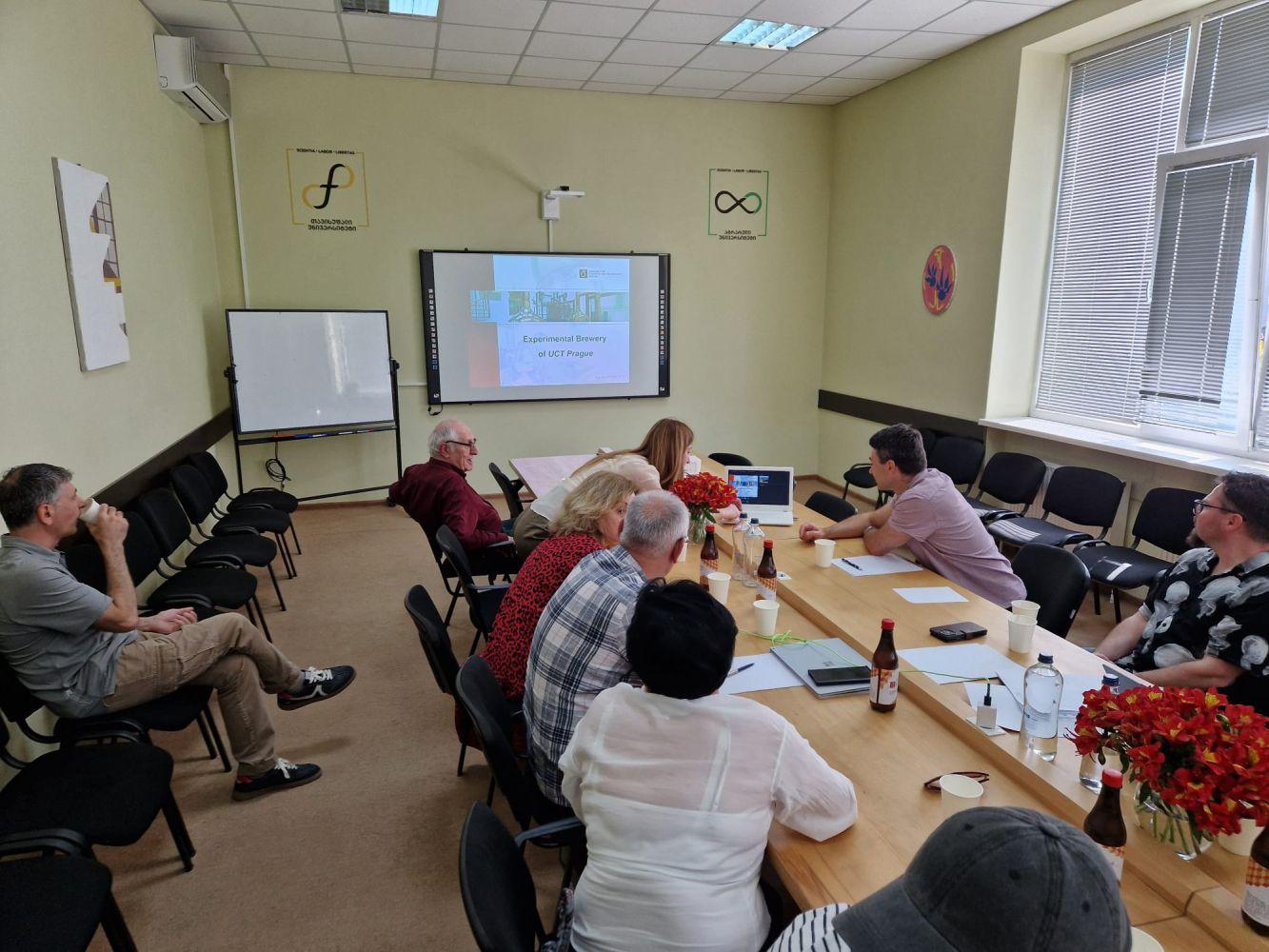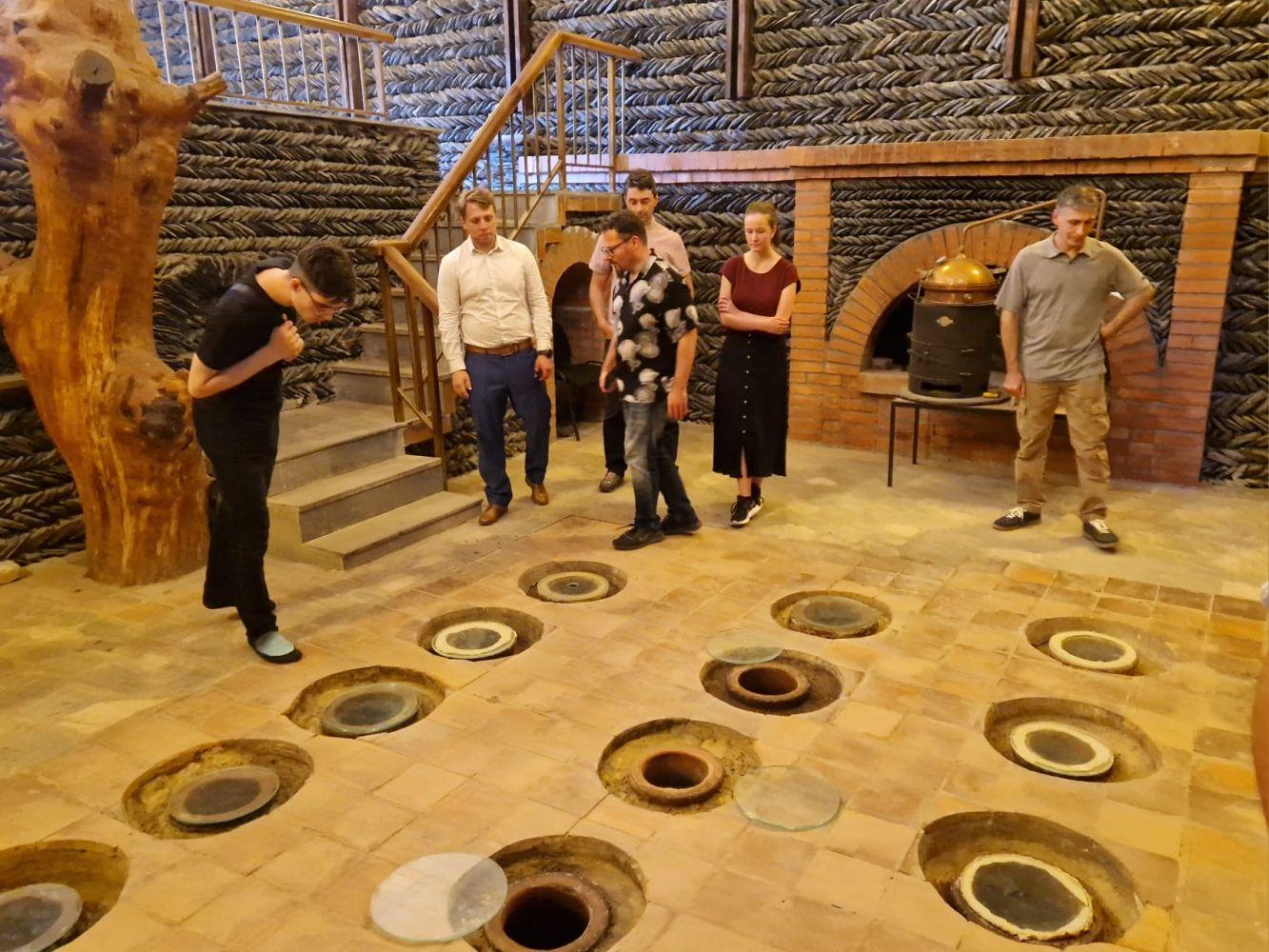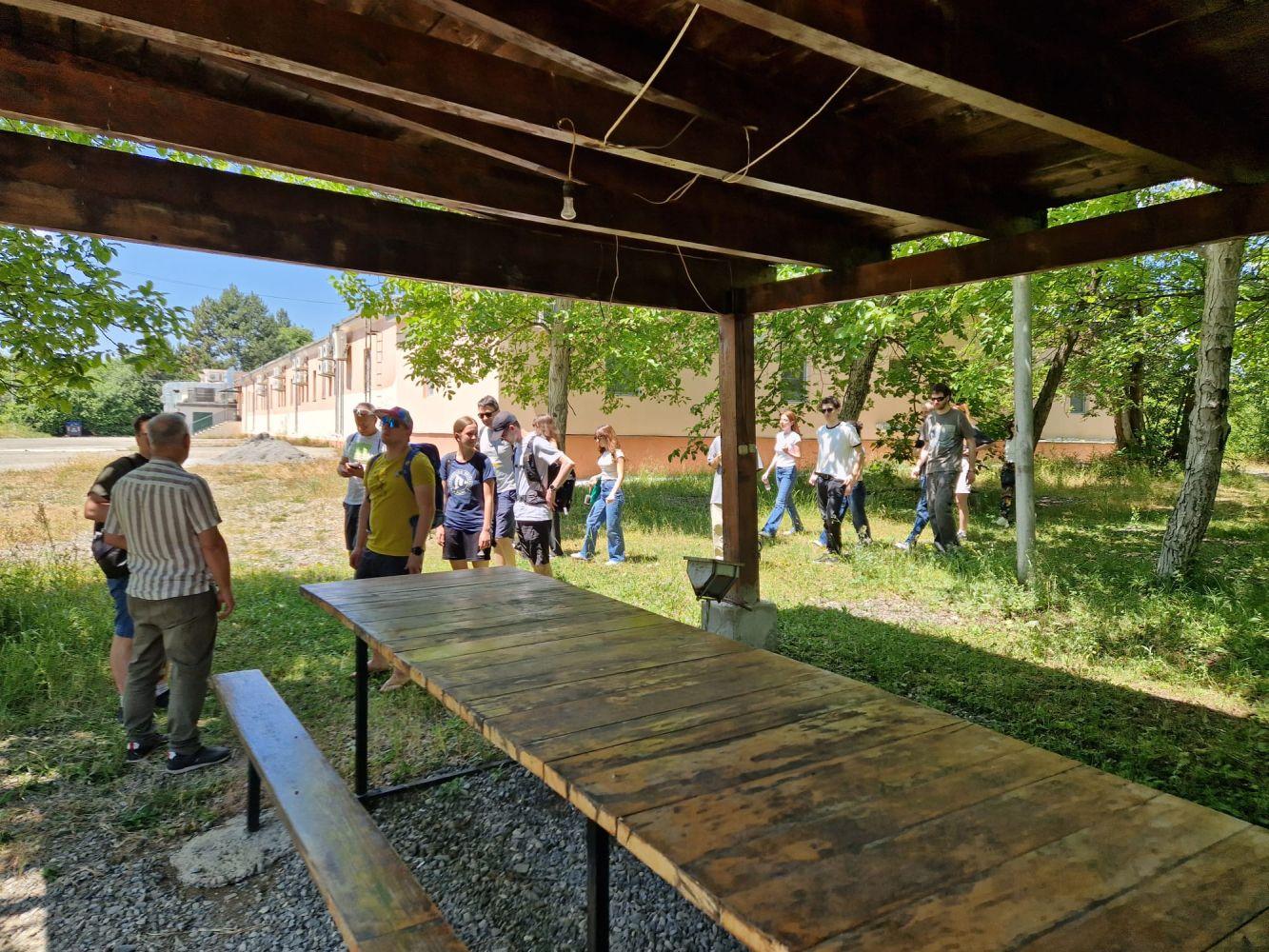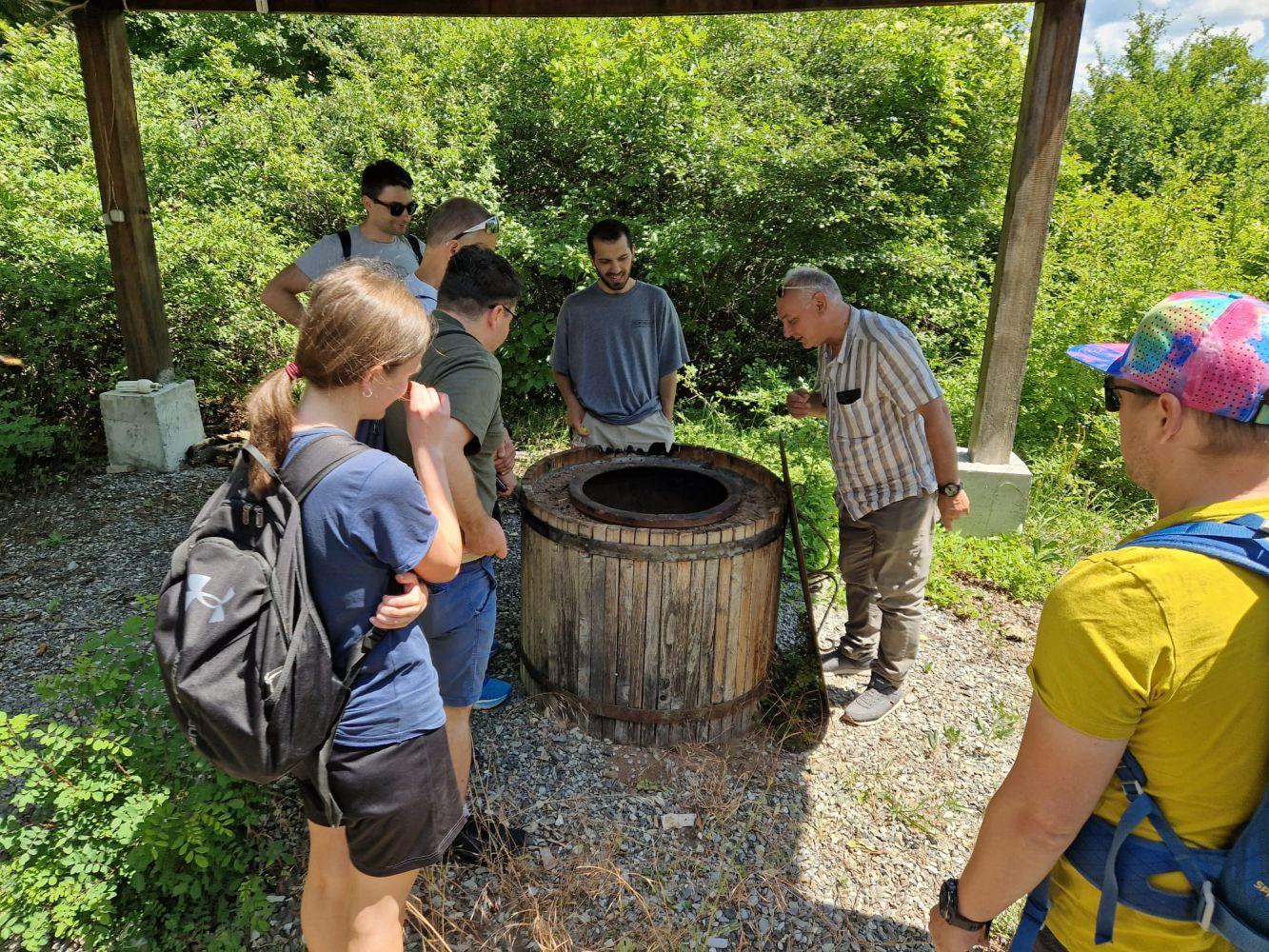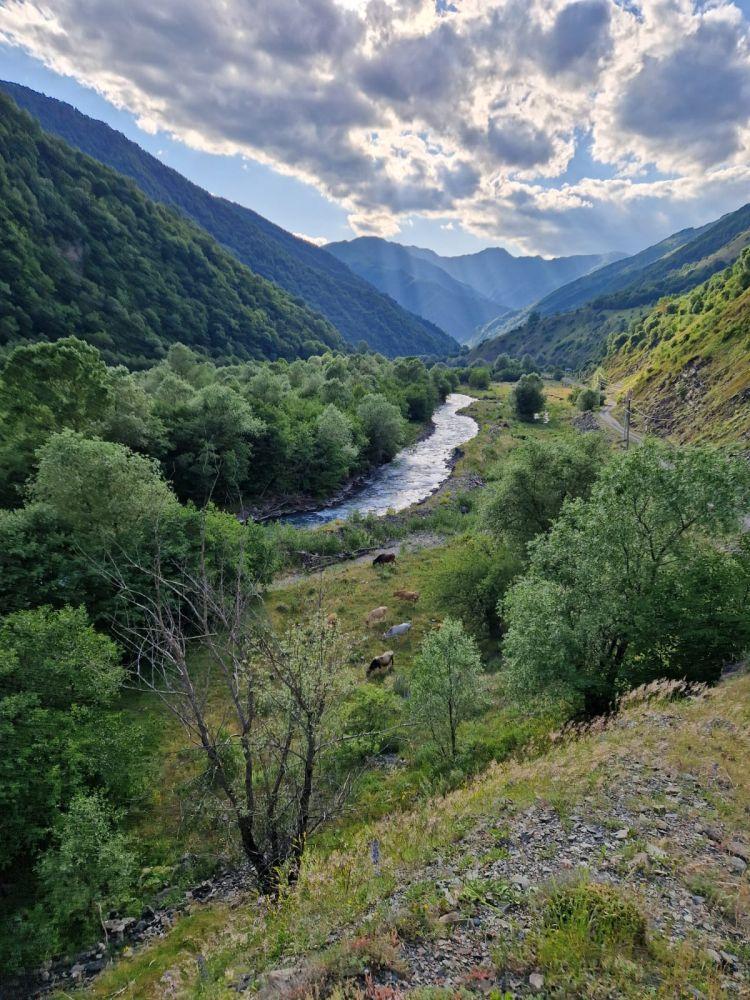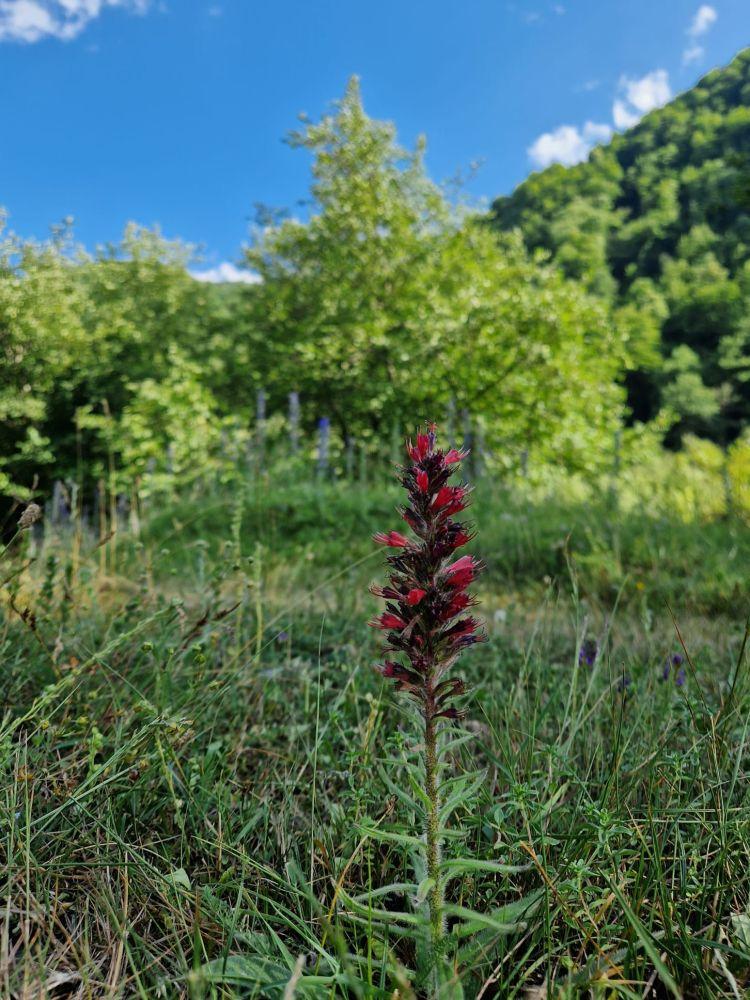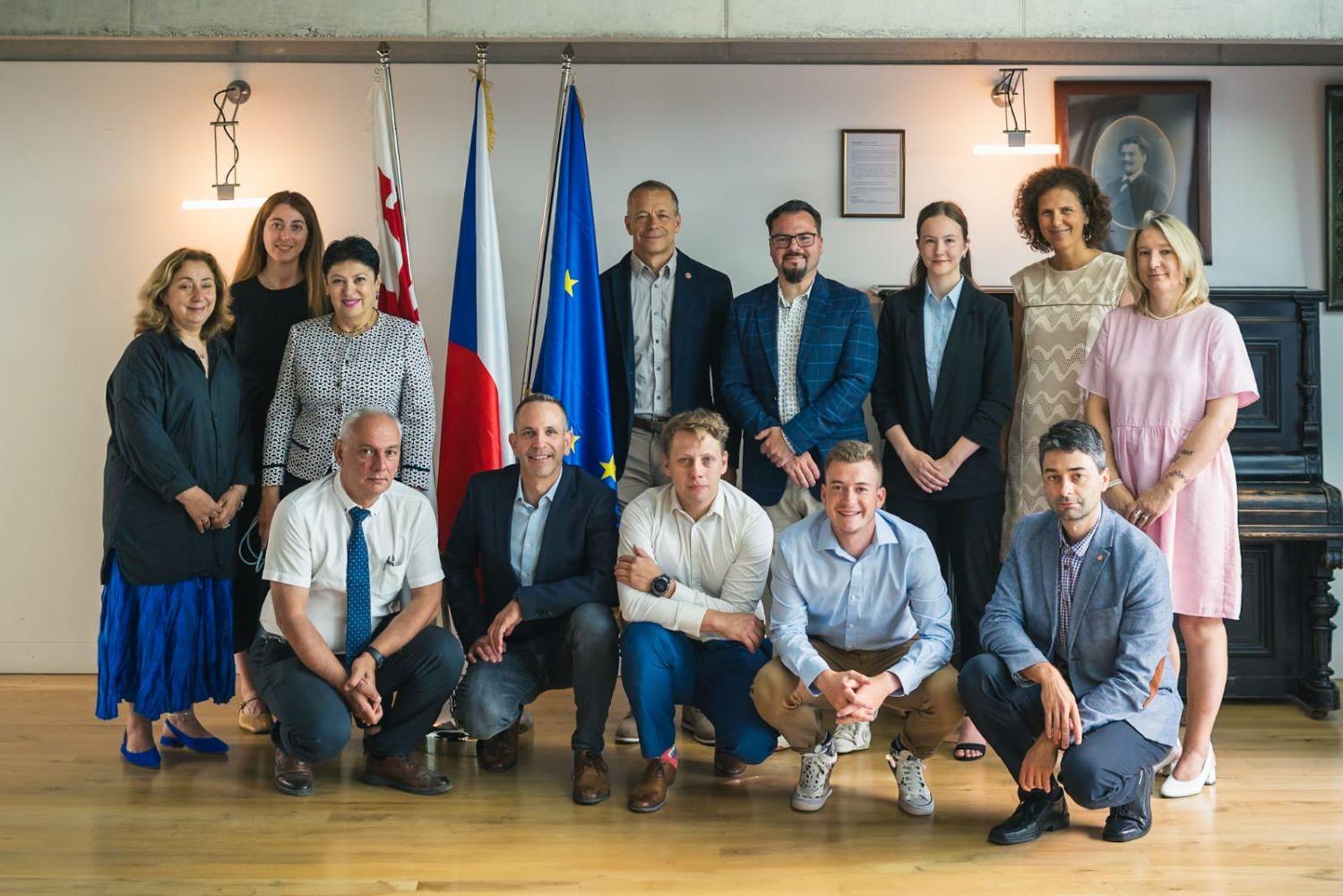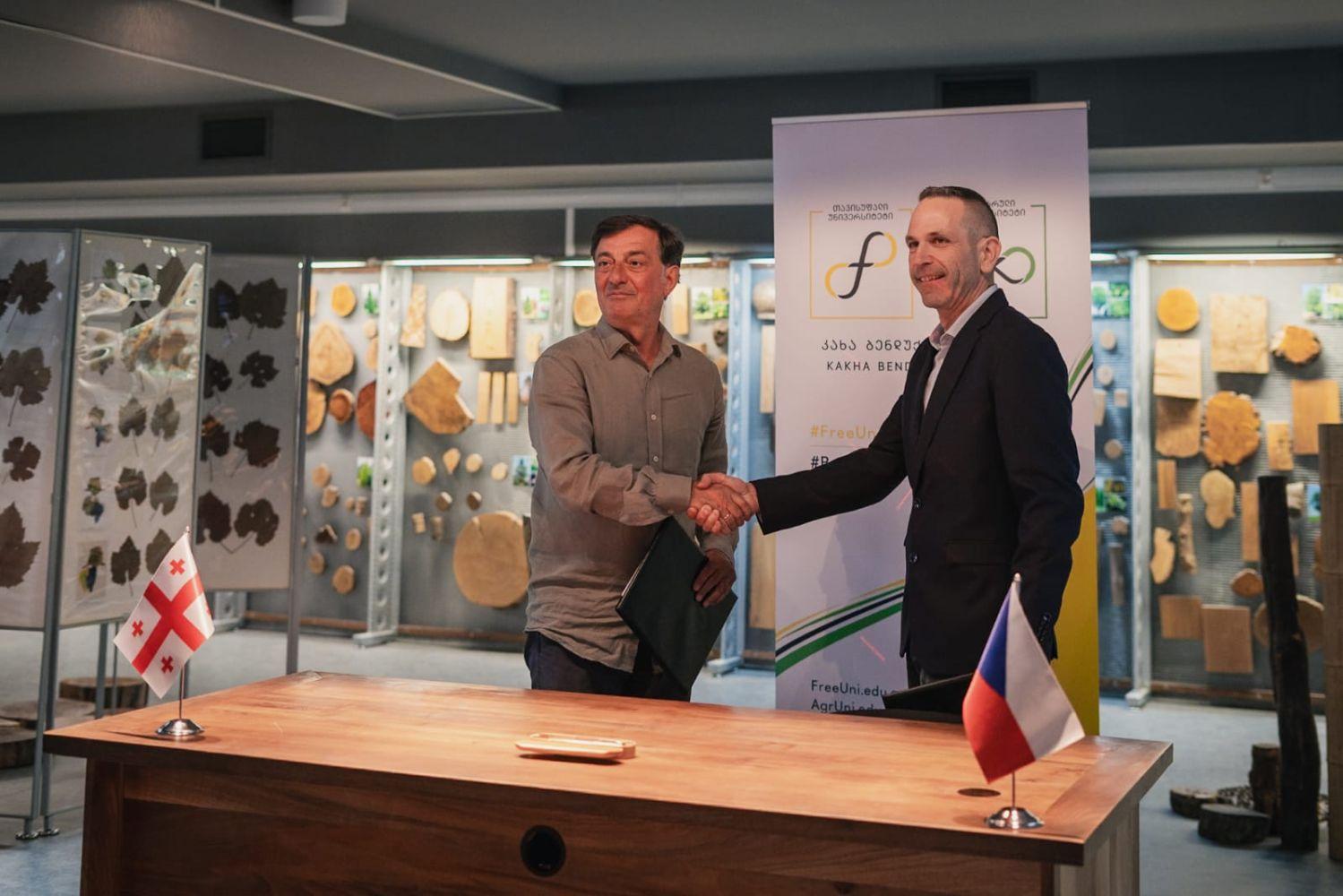
Summer School, Brewery, and Natural Compounds: New Directions of Cooperation with AGRUNI
From May 25 to 27, a delegation from the University of Chemistry and Technology, Prague, visited its partner institution, the Agricultural University of Georgia. The aim of the visit was to discuss new areas of collaboration and to strengthen existing ones. Representatives of both institutions signed a memorandum of understanding covering three key areas: the organization of the first Czech–Georgian Summer School for Young Scientists Bazaleti 2026, the establishment of a university brewery inspired by the UCT model, and joint work in the field of natural compounds.
Collaboration between UCT Prague and the Agricultural University of Georgia (AGRUNI) has been developing since 2016, when the 48th International Chemistry Olympiad was held in Georgia and Dr. Petr Holzhauser from the Department of Chemistry Education and Humanities participated as a member of the organizing committee. Since then, representatives of both institutions have met regularly at the Olympiad, and the idea gradually emerged to organize a joint educational camp in Georgia inspired by the Czech model of summer schools for talented students. In 2023, Prof. Elizbar Elizbarashvili visited the Czech summer camp in Běstvina, and preparations for the first Czech–Georgian summer school, to be held in 2026 at the AGRUNI base in Bazaleti, were subsequently launched.
During the visit to Tbilisi, specific details were discussed — the timing, scientific and extracurricular program, number of participants, and the involvement of students from Georgia, the Czech Republic, and Slovakia, represented by Prof. Martin Putala, chair of the Slovak Chemistry Olympiad Committee. The summer school will be international and conducted entirely in English. Young scientists will experience not only the role of participants but also of presenters. Czech lecturers will give popular science talks in their fields, and Czech camp leaders will aim to bring the informal and friendly spirit of the Běstvina camp to Georgia.
The planned university brewery will build on UCT Prague’s experience and will be developed in cooperation with the Department of Biotechnology. Technical and conceptual questions regarding the use of the brewery for education and research were the focus of discussions led by Dr. Tomáš Kinčl, brewmaster of UCT Prague’s training brewery. He presented the operation of the brewery to the AGRUNI delegation and discussed equipment proposals, technological solutions, and possible curriculum adaptations related to its future construction.
The third area of cooperation is the research of natural compounds. The Caucasus region is rich in endemic plants containing biologically active substances with pharmacological potential. Among the UCT delegates was Assoc. Prof. Martin Kuchař, head of the Forensic Laboratory of Biologically Active Substances, who engaged in discussions with Georgian and Turkish colleagues about possible international collaboration. These talks build on a previous project focused on plant species from Georgia and eastern Turkey. As part of the visit, a botanical excursion to the Pshavi region along the Aragvi River Valley was also organized.
During their stay, the UCT delegation visited both the AGRUNI base in Bazaleti — where the summer school will take place — and the university’s main facilities in Tbilisi. There, they toured the wine technology laboratory, the ampelography laboratory, and the university wine cellars.
Together with AGRUNI representatives, the UCT delegation also visited the Embassy of the Czech Republic in Tbilisi, where they presented their current and planned activities. Deputy Head of Mission Jana Gašparíková expressed full support for the collaboration and pledged assistance in establishing the necessary contacts.
„We returned from Georgia truly enthusiastic. The entire visit took place in a friendly and informal atmosphere and was a great success. Now we have a lot of exciting work ahead of us,“ summarized the head of the delegation, Dr. Petr Holzhauser.
The goal is not just isolated events, but long-term cooperation in the fields of chemistry outreach, brewing, and natural compound research. The project also includes future academic exchanges for students and faculty and represents a unique model of collaboration in the European context.









